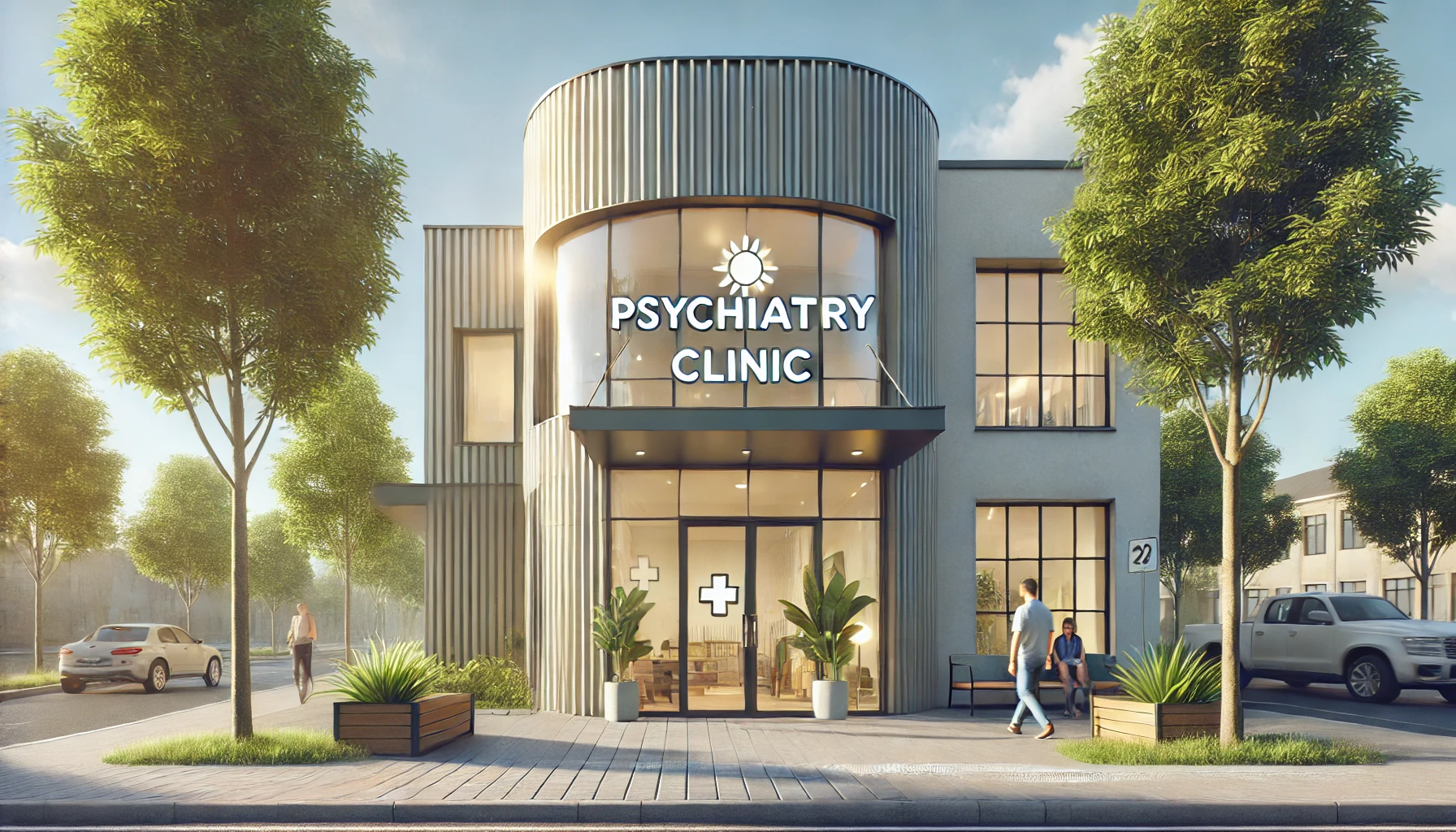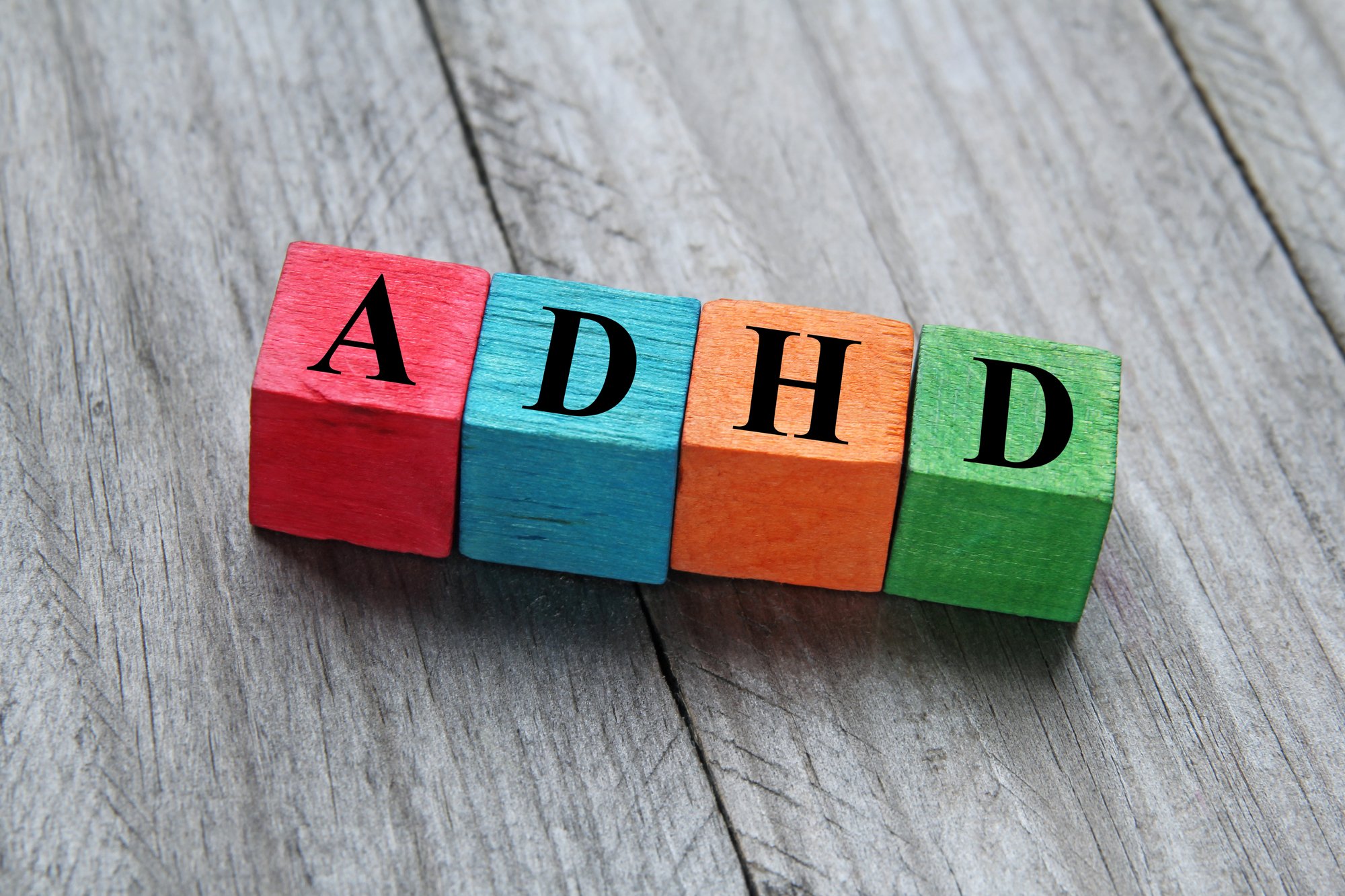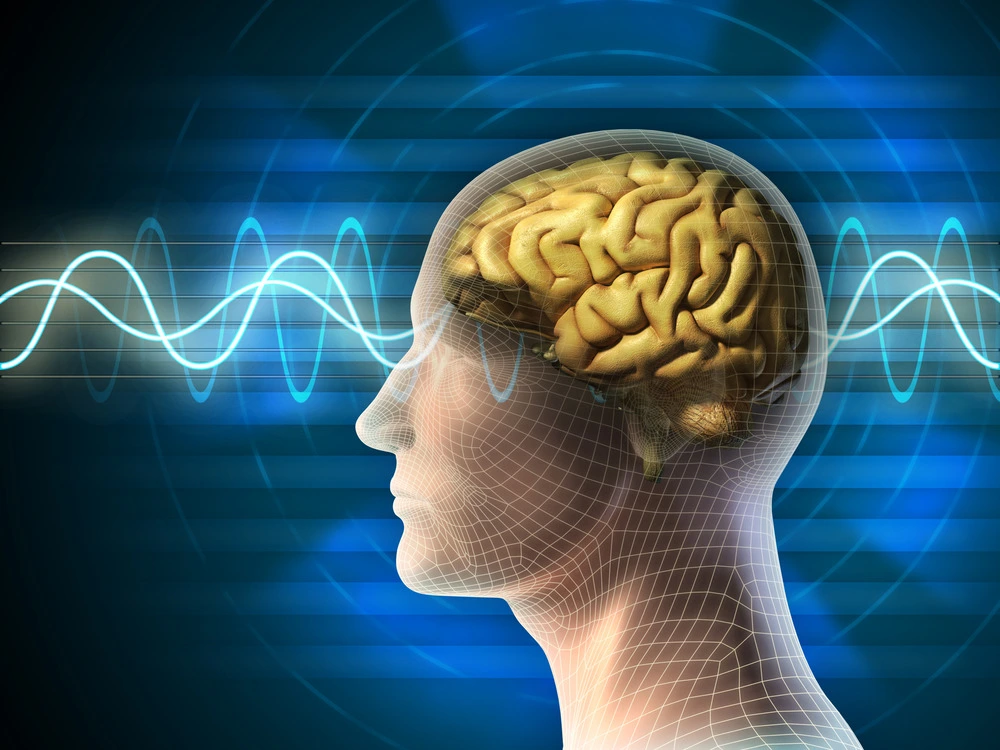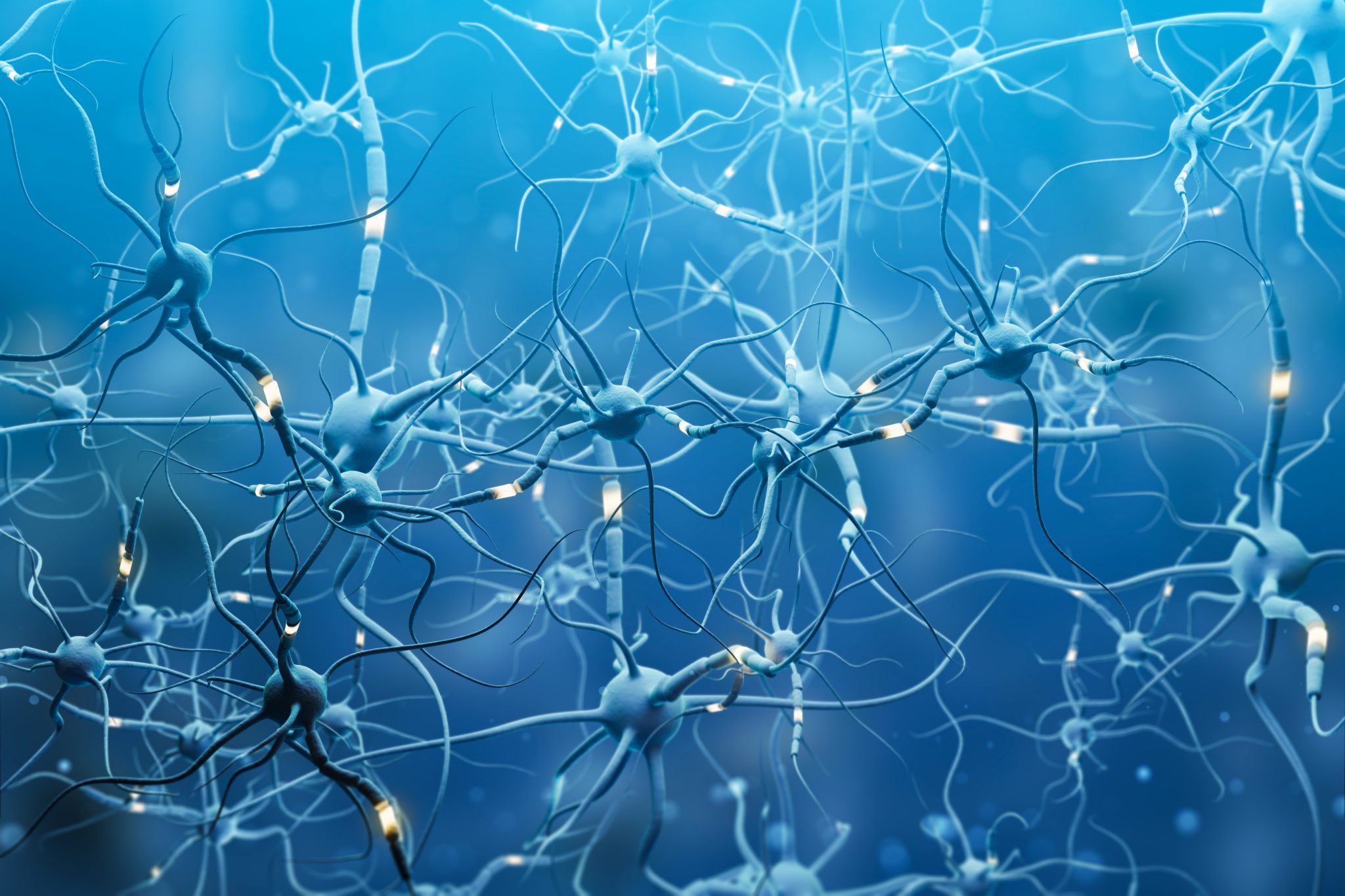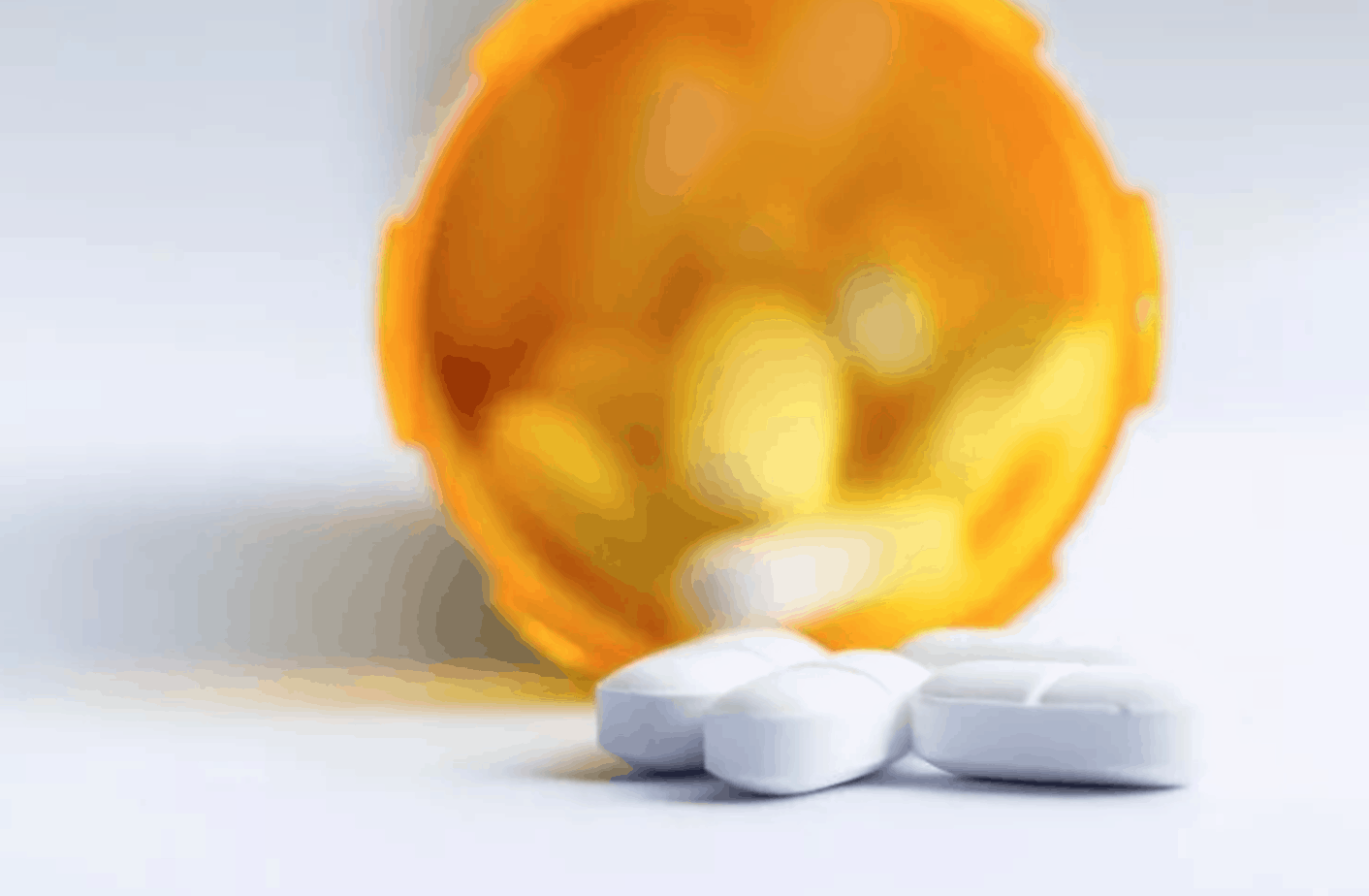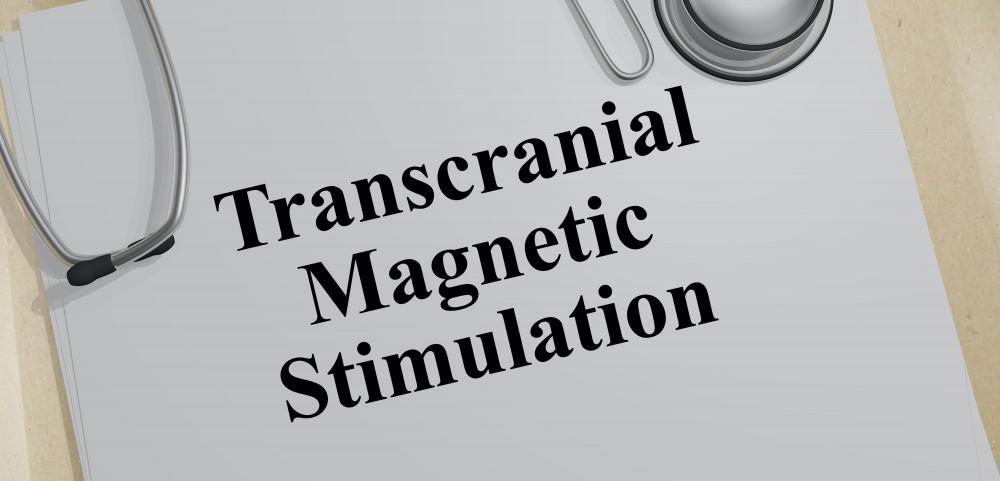As mental health experts who specialize in transcranial magnetic stimulation (TMS), the team at Bespoke Treatment in Los Angeles and Santa Monica, California, answers questions about TMS, how it works, and who it can help.
One of the most frequent questions that patients have is how TMS compares to other brain stimulation treatments, particularly electroconvulsive therapy (ECT).
TMS and ECT are both used to relieve treatment-resistant depression (TRD) and other severe mental health disorders in patients who haven’t had success with traditional treatment options, but that’s where the similarities end. Here’s how these two highly effective therapies stack up.
What Is ECT?
Also known as electroshock therapy, ECT is a brain stimulation treatment that sends controlled electric currents directly into your brain to intentionally trigger a mild generalized seizure in an effort to forcefully “reset” your brain.
While ECT has a long history as a beneficial treatment solution for people suffering from severe psychiatric disorders like schizophrenia and psychosis, it’s gained significant traction in the last decade as an effective way to help people with TRD find quick and lasting symptom relief.
Process
ECT is conducted by a team of specialists (usually including a psychiatrist, an anesthesiologist, and a nurse or physician assistant) in a hospital setting. Before the treatment begins, the patient receives muscle relaxants to ensure they’re completely relaxed during the procedure.
After securing electrodes to specific points on the patient’s scalp, the patient is put under with general anesthesia. Once they’re asleep, their brain is stimulated with a brief, controlled series of direct electric pulses that cause seizures which persist for about one minute.
Treatment
ECT patients typically require a series of treatment sessions to achieve optimal symptom relief. For most patients, this means undergoing a series of at least six acute ECT treatments, each spaced about a day apart.
Although a substantial number of patients experience significant near-term relief of symptoms through ECT, these benefits sometimes “wear off” after several months. For this reason, many ECT patients continue having maintenance treatments on a less frequent basis.
Safety
Although ECT is considered to be a relatively safe treatment, as a procedure that uses general anesthesia, it does carry a slight risk of respiratory or cardiac arrest.
Despite its relative safety, ECT is associated with several considerable side effects, ranging from headaches and muscle aches to nausea and confusion.
Some patients also experience short-term or long-term memory loss; while short-term memory loss typically dissipates as time goes on, long-term memory loss is more likely to be permanent.
TMS Explained
TMS is a noninvasive brain stimulation treatment that uses targeted magnetic energy to gently stimulate the specific area of your brain that’s become less active because of TRD or another persistent mental illness like obsessive-compulsive disorder (OCD).
Unlike ECT, TMS does not use direct electric currents to force a global, brain-resetting seizure. Instead, it aims to activate your brain’s natural healing processes by magnetically stimulating a very targeted area of your brain.
Process
TMS is a quick and painless in-office therapy that doesn’t require anesthesia. You sit comfortably in a reclining chair and remain fully awake for the entire treatment.
Traditional TMS treatments last close to 40 minutes from start to finish. Express TMS, which is a specialty at Bespoke Treatment, recalibrates your brain much faster than regular TMS and takes less than five minutes to complete.
Treatment
TMS requires a series of consistent treatment sessions to affect the kind of brain changes that result in optimal mood improvement and symptom relief.
Although your TMS treatment plan is tailored to your specific needs, most people have daily TMS sessions, five days a week, for four to six weeks. You may taper off to three sessions each week for two more weeks, depending on your needs.
Safety
TMS is a very safe treatment that comes with virtually no risk of serious side effects. While some patients do experience a slight headache and/or tingling sensation at the site of stimulation, near the electromagnetic coil, such side effects tend to be brief and very mild.
TMS is so gentle that you can drive yourself to and from your sessions and resume normal activities immediately.
Call your nearest Bespoke Treatment office in Los Angeles or Santa Monica, California, to learn more, or click online to schedule an appointment with one of our TMS experts any time.


